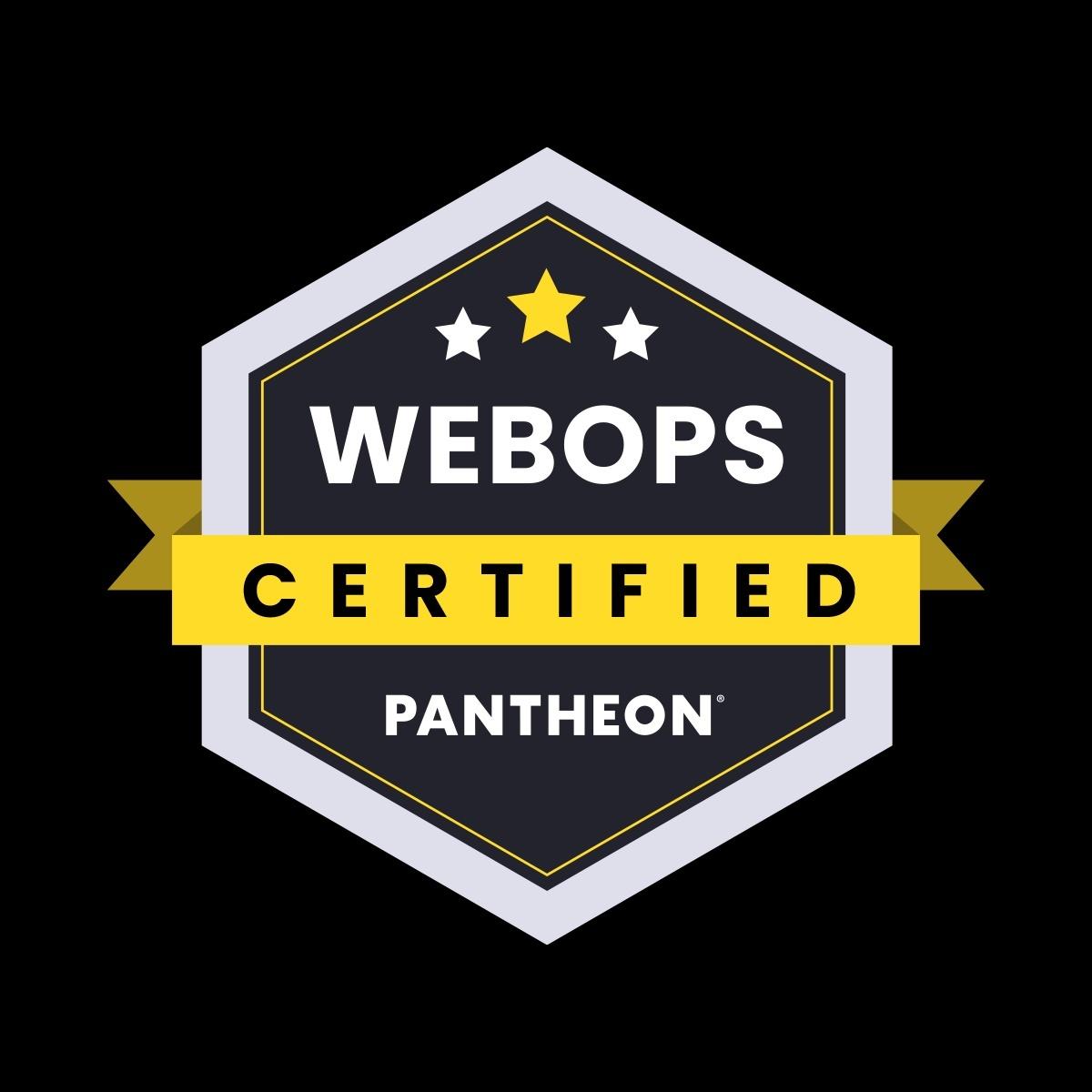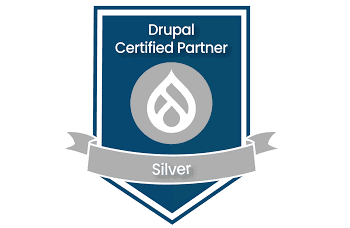Level Up Your Website Team with WebOps Automation

Transform Your Website Operations with Automation
Today more than ever before automation is key to enhancing the efficiency, reliability, and scalability of your website operations. By integrating automation into your web processes, you can reduce manual tasks, minimize errors, and accelerate delivery times. Our WebOps automation solutions are designed to streamline your web operations, enabling your teams to focus on strategic initiatives that drive business growth.
Automation plays a crucial role in modern WebOps, transforming how website teams operate and collaborate. By leveraging the right tools and platforms, you can ensure consistent, high-quality web performance, robust security, and seamless user experiences.
Proven Credentials & Strategic Alliances








Core Aspects of WebOps Automation
Automated Testing and Quality Assurance: Implementing automated testing ensures that code changes are thoroughly tested before deployment. Tools like Selenium, Cypress, and PHPUnit can be integrated into your CI/CD pipeline to automate functional, regression, and performance testing.
Continuous Integration and Continuous Deployment (CI/CD): CI/CD pipelines automate the process of integrating code changes and deploying them to production. Platforms like GitHub Actions, GitLab CI, and Jenkins facilitate automated builds, testing, and deployments, reducing the risk of errors and speeding up release cycles.
Performance Monitoring and Optimization: Automated performance monitoring tools like New Relic and Site24x7 continuously track the health and performance of your web applications. These tools provide real-time insights and automated alerts, allowing you to proactively address performance issues.
Automated Website Security & Maintenance: Ensuring the security and maintenance of your web applications is paramount to protect against vulnerabilities and ensure smooth operation. Automation can significantly enhance your security posture and streamline maintenance tasks, reducing the risk of human error and ensuring timely updates.
Content Management System (CMS) Automation: Automate content updates and management with platforms like Drupal and WordPress. Utilize plugins and scripts to schedule content publishing, update plugins/themes, and manage user permissions automatically.
Development Environment Automation: Streamline your development workflow with automated development environments using tools like DDEV. These tools provide consistent and replicable development environments, reducing setup time and environment discrepancies.
Infrastructure as Code (IaC): IaC allows you to manage and provision your infrastructure through code. Tools like Terraform, Ansible, and CloudFormation enable automated and repeatable infrastructure deployments, ensuring consistency across environments.
Automated Backups and Disaster Recovery: Ensure your data is safe and recoverable with automated backup solutions. Platforms like Pantheon and Site24x7 offer automated backup and disaster recovery features, ensuring that your web applications can quickly recover from any unexpected incidents.
Benefits of WebOps Automation
Increased Efficiency
Enhanced Reliability
Faster Time to Market
Improved Performance
Improved Security
Improved Scalability
Reduced Change Failure Rate
Increased Deployment Frequency
WebOps Automation Frequently Asked Questions (FAQs)
Q: What is WebOps automation?
A: WebOps automation involves using tools and scripts to automate repetitive tasks such as testing, deployments, and monitoring. This ensures consistency, reduces errors, and frees up your team to focus on higher-value work.
Q: How can automation benefit my web operations?
A: Automation can improve efficiency, reliability, and scalability of your web operations. It enables faster deployments, reduces downtime, enhances performance monitoring, and strengthens security.
Q: What platforms are commonly used for WebOps automation?
A: There are hundreds, if not thousands, of platforms that can be leveraged in WebOps automation. Some of the common tools include New Relic for performance monitoring and alerting, Pantheon for hosting (managed IaC) and backups, Site24x7 for uptime monitoring, GitHub Actions for CI/CD, and DDEV for development environments.
Q: How does automated testing work in WebOps?
A: Automated testing integrates testing tools like Selenium and Cypress into your CI/CD pipeline to automatically run tests on code changes, ensuring that your web applications remain functional and performant.
Q: What is Infrastructure as Code (IaC) and how does it relate to automation?
A: IaC allows you to manage and provision your infrastructure using code. Tools like Terraform and Ansible automate infrastructure setup and management, ensuring consistency and repeatability across environments.
Q: Can automation help with website performance optimization?
A: Yes, tools like New Relic and Site24x7 provide automated performance monitoring and optimization, helping you identify and resolve performance issues proactively.